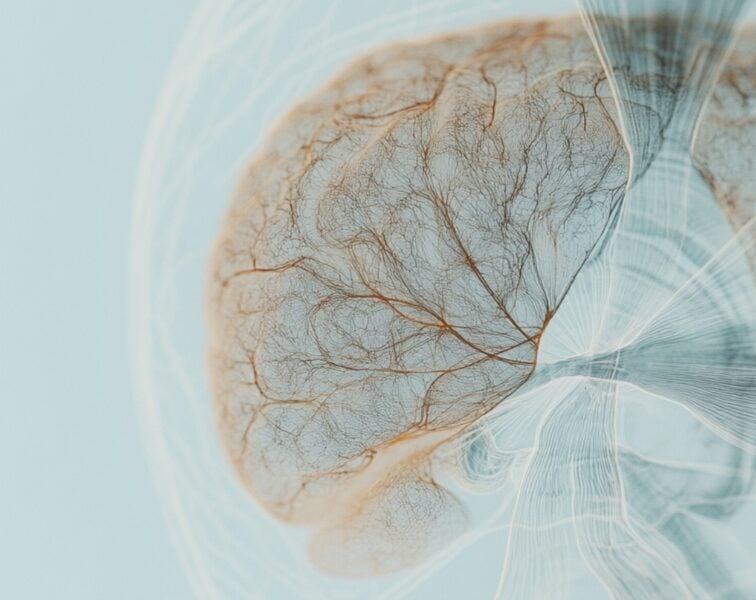This clip is from AMA #26: Continuous glucose monitors, zone 2 training, and a framework for interventions, originally released on August 23, 2021.

Show Notes
The five main tools for managing blood glucose numbers [33:45]
Five tools that you can use to manipulate glucose:
- Nutrition
- Exercise
- Management of stress (mostly, but not all, about cortisol)
- Sleep
- Medications/supplements
Start with the most powerful leavers — nutrition, sleep, and exercise
- Everyone’s going to be starting from a different place
- You can use the CGM to push the boundaries a little bit to tell you what is your carbohydrate tolerance
- A given person can have two totally different carbohydrate tolerances depending on their activity levels
- Peter uses a personal example,
- When I was cycling a lot, which is the last thing that I did quasi seriously, I was easily consuming 600 grams of carbohydrates a day and no issues maintaining normal glucose homeostasis
- that’s 2,400 calories of carbs a day
- If I were to consume 2,400 calories of carbohydrates a day, I don’t suspect my glucose would look nearly as good as it did then. And that’s because I used to be exercising nearly 28 hours a week and now I’m exercising maybe 10 hours a week
- Again, you’re just going to basically tweak these interventions based on your starting point and your aspiration
Sleep
- Sleep cannot be overlooked
- The data for poor sleep and insulin resistance are actually quite strong (see Matthew Walker episode)
- Even short-term bouts of sleep deprivation, like two weeks of four hours of sleep per night result in about a 50% reduction in glucose disposal which would result in hyperglycemia
- Sleep deprivation is particularly insidious because it affects other things downstream like you motivation to exercise, your willpower to not eat crappy food, stress/anxiety levels, etc.



